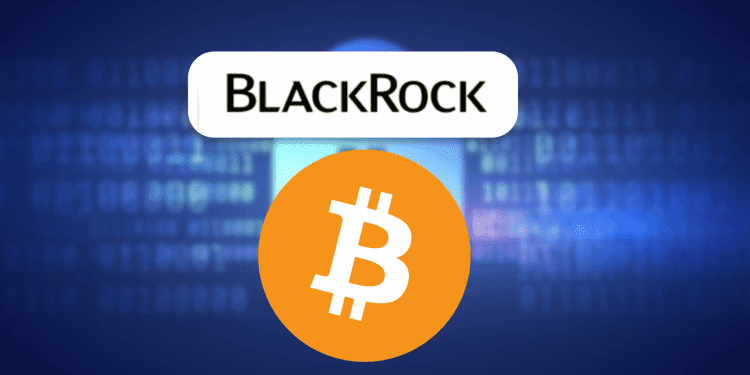- BlackRock calls Bitcoin the “most widely adopted digital asset in the world”
- BlackRock’s US Head of Thematics and Alternative ETFs, Jay Jacobs, highlighted Bitcoin’s decentralized nature, transparency, and security offered by blockchain technology
- BlackRock recently launched a Bitcoin Spot ETF in the US, which has been a massive success and is driving adoption in the digital asset industry
BlackRock, one of the world’s largest asset management firms, recently called Bitcoin “the most widely adopted digital asset in the world.” This highlights the immense status and promise that Bitcoin holds.
BlackRock’s Foray into Crypto
Earlier this year, BlackRock was approved to launch Bitcoin exchange-traded funds (ETFs) in the United States. This marked a major milestone, opening up the crypto space to more institutional investors. Since launching in January, BlackRock’s Bitcoin ETFs have seen great success.
Why BlackRock Called Bitcoin Most Adopted
In a recent video, BlackRock’s Jay Jacobs explained why they view Bitcoin as the most adopted digital asset. Jacobs highlighted Bitcoin’s decentralized nature and innovative blockchain technology, which brings transparency and security.
He also noted that investors now see Bitcoin as more than just a currency – it can be a store of value, inflation hedge, or investment in blockchain technology. The firm recognizes Bitcoin’s rapid ascension in adoption and usage.
Impact of BlackRock’s Assessment
BlackRock calling Bitcoin the most widely adopted crypto will likely further its adoption. The firm’s Bitcoin ETFs make digital assets more accessible to conventional investors. This endorsement from such a major financial player solidifies Bitcoin’s place in the mainstream investment world.
Conclusion
BlackRock’s recent comments underline the leading status that Bitcoin has attained. In an evolving digital asset market, Bitcoin stands out as the most established due to its brand recognition and institutional adoption. BlackRock’s support adds legitimacy and paves the way for wider mainstream acceptance.














